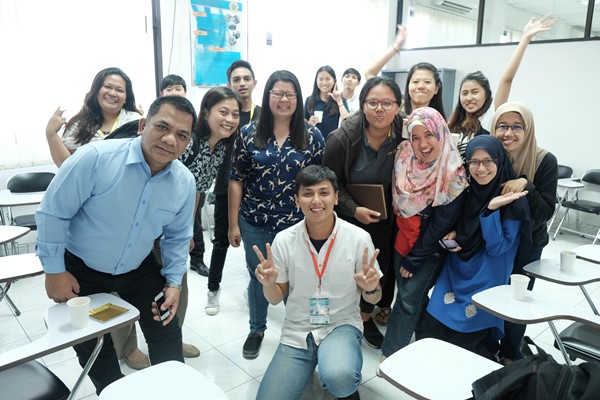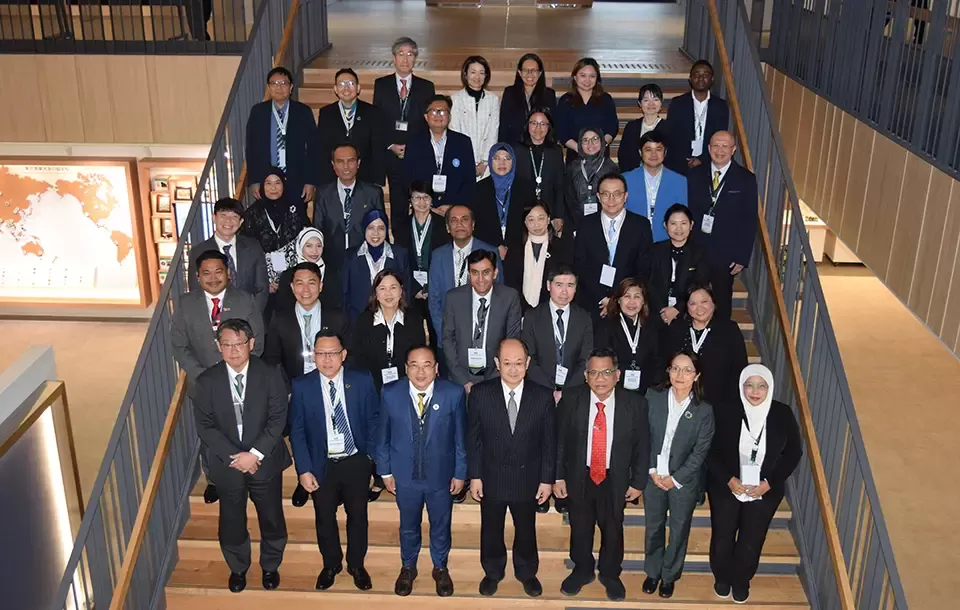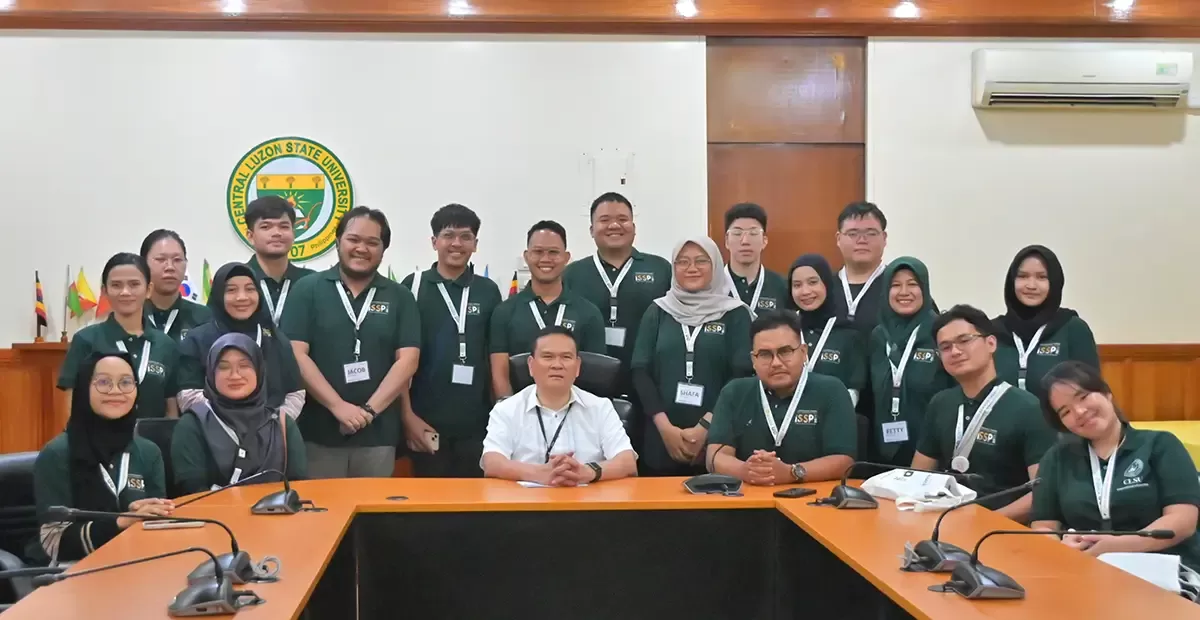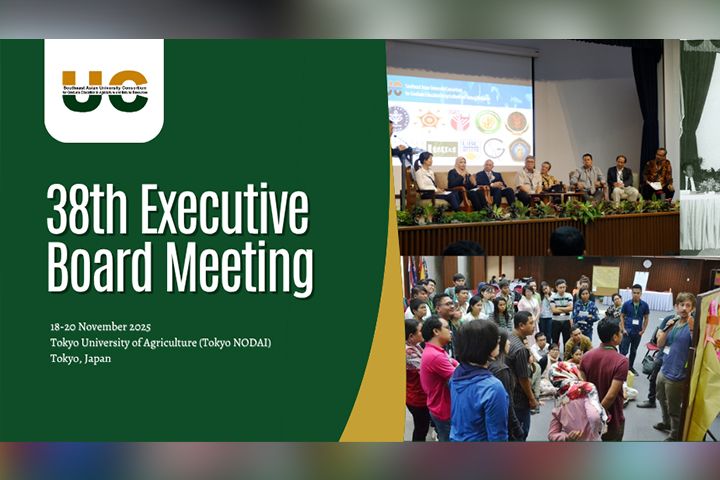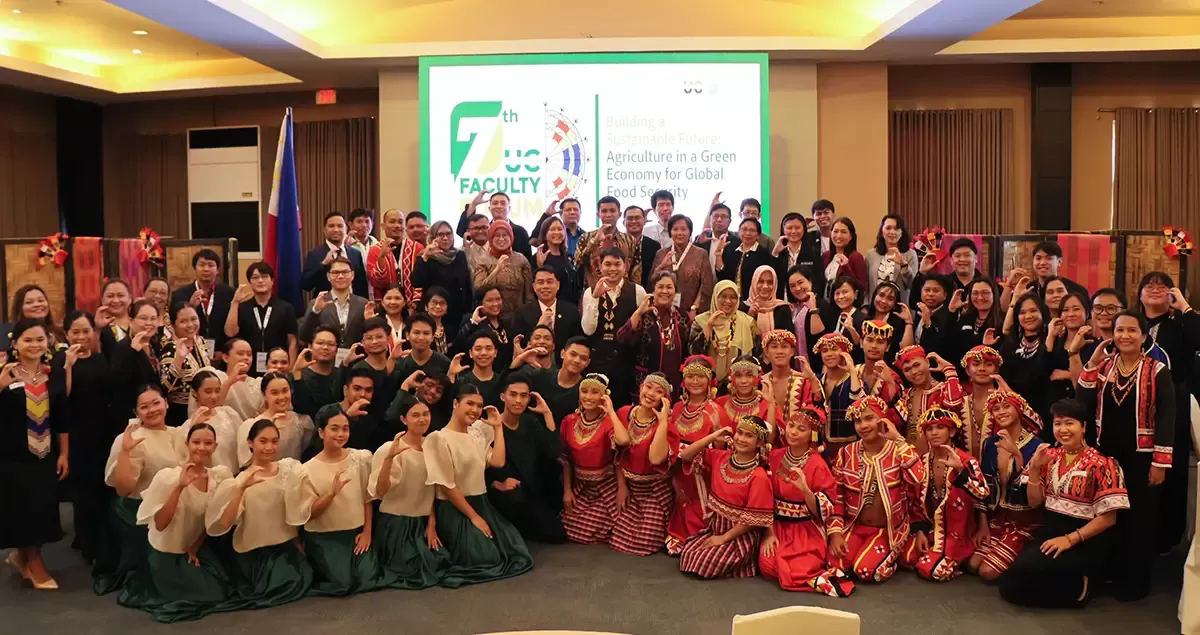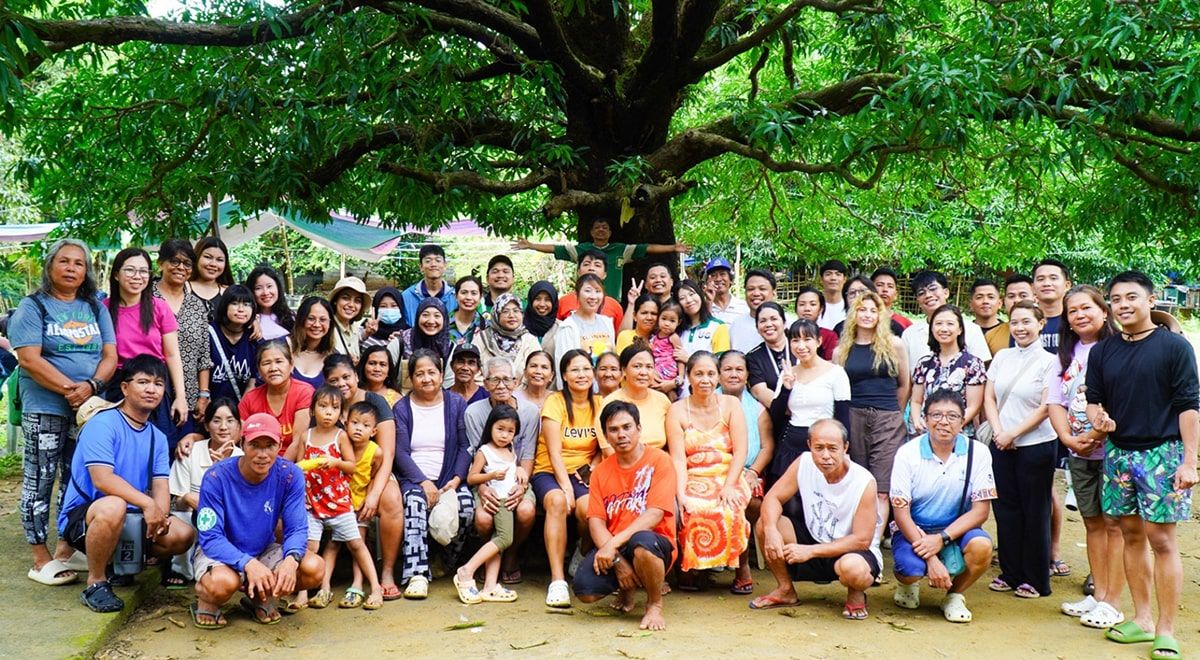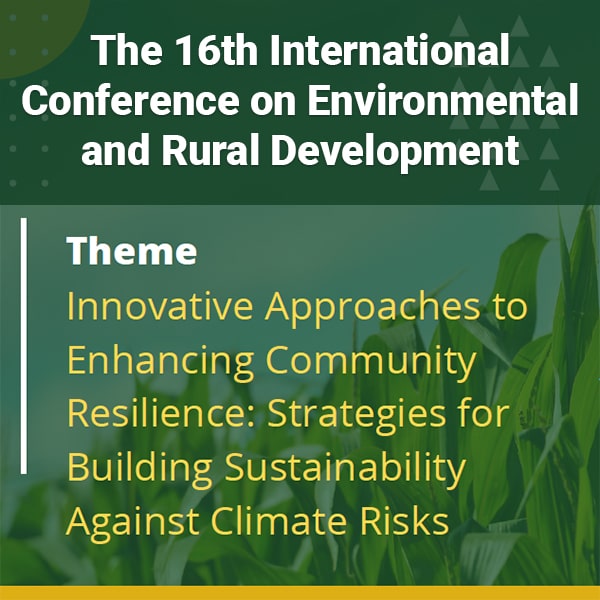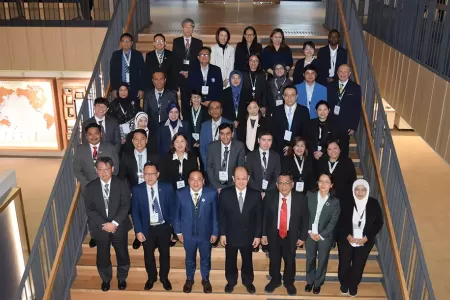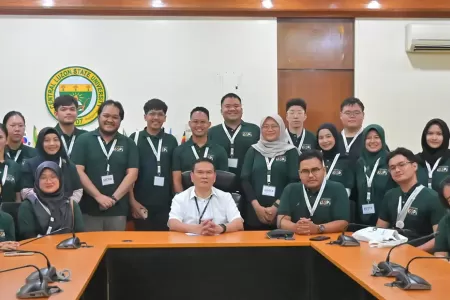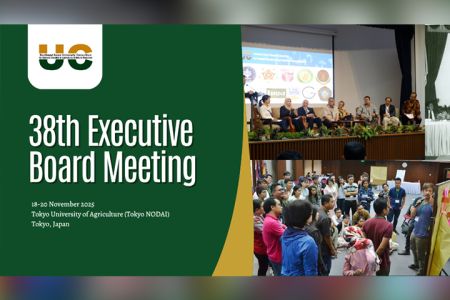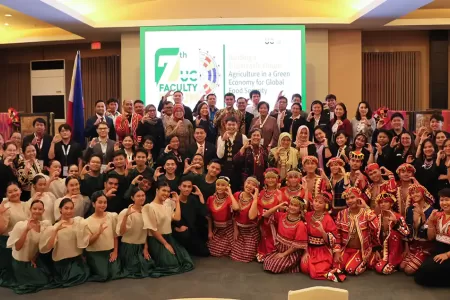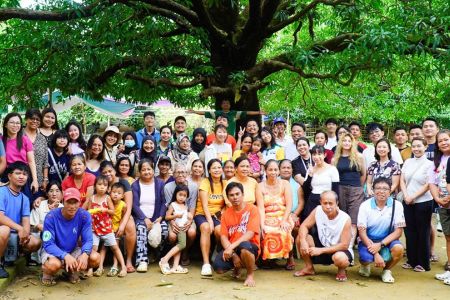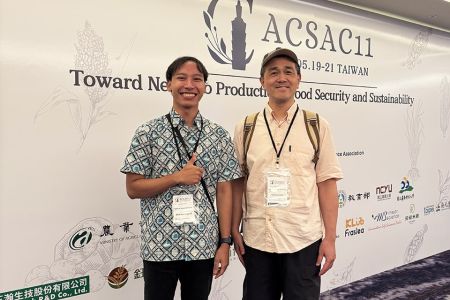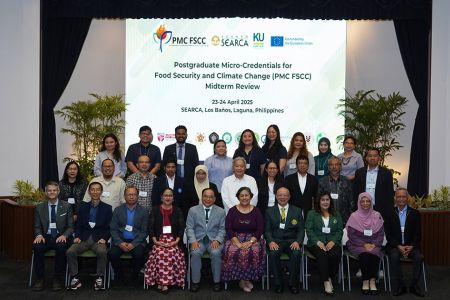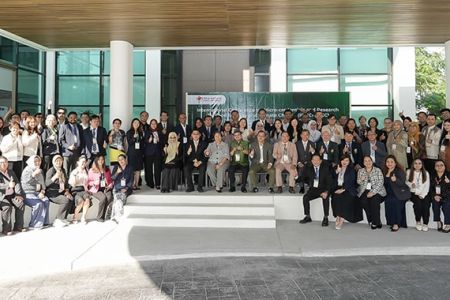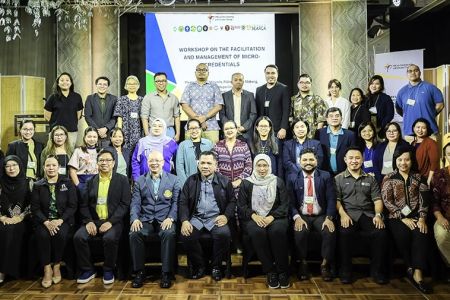Sustainability Transitions Summer School Successfully Concludes
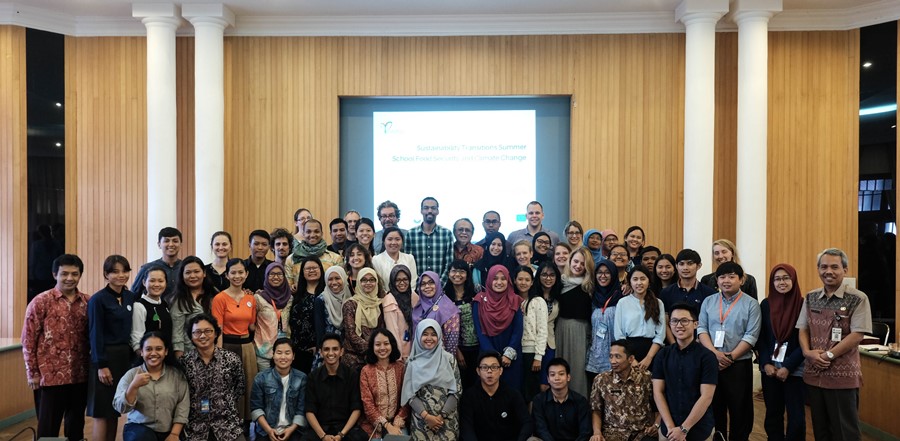
The first two weeks of the Sustainability Transitions Summer School 2017 have come to a successful completion as 20 students graduated from the program at Universitas Gadjah Mada (UGM), Yogyakarta, Indonesia.
The Summer School provided a fun learning experience for the students through the series of interactive lectures, discussions, group work, and field visits centering on transitions of Agro-Forestry Farming Systems.
A conference was held on 21 July as a culminating activity to showcase the results of the students' field study in the villages of Penanggunan and Laksana in Banjarnegara District, Central Java Province, Indonesia. The students compared the farming systems of the two villages and assessed if these were sustainable in terms of ecological, economic, and social points of view. More so, they assessed if the villages were in transition, that is, if there were any structural changes in the food system processes that give rise to new and more socially and environmentally-sustainable production and consumption modes.
Coming from different academic backgrounds, the students were divided into groups that would study the ecological, economic, and social aspects of the village's agroforestry system. The experience did not only increase their knowledge, but also strengthened the bond among and between the students and lecturers.
This year's Summer School is a joint activity of the ERASMUS+ -funded Master of Science in Food Security and Climate Change (MS FSCC) and the Southeast Asian University Consortium for Graduate Education in Agriculture and Natural Resources (UC). Co-organizing the Summer School are UGM of Indonesia and the University of Natural Resources and Life Sciences, Vienna (BOKU), Austria. A total of 37 students from Europe and Southeast Asia participated in the Summer School, where 17 students are under the MS FSCC program, and six students were supported by SEARCA under the Institutional Development Assistance program.
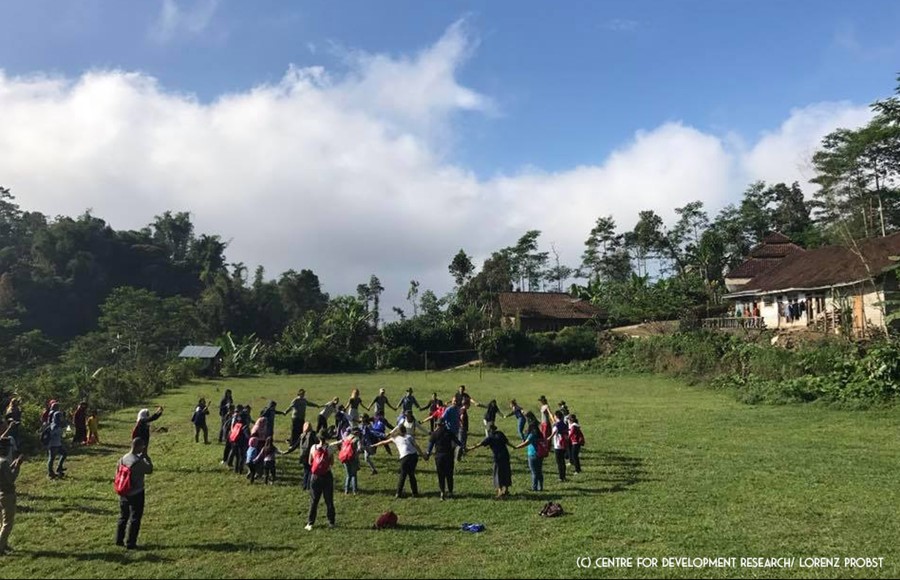
On its third week, the MS FSCC students were oriented on the mobility program and further learn about climate change – its causes, adverse effects, as well as the mitigation and adaptation mechanisms. They also visited the Merapi volcano area to learn about the community's disaster-based management activities.
After the Summer School, the MSFSCC students are expected to take their courses for the first semester at their home universities and begin their mobilities in their respective host universities in January 2018. The student mobilities are co-funded by the ERASMUS+ under the Master of Science in Food Security and Climate Change (MS FSCC) and the Southeast Asian University Consortium for Graduate Education in Agriculture and Natural Resources (UC).
